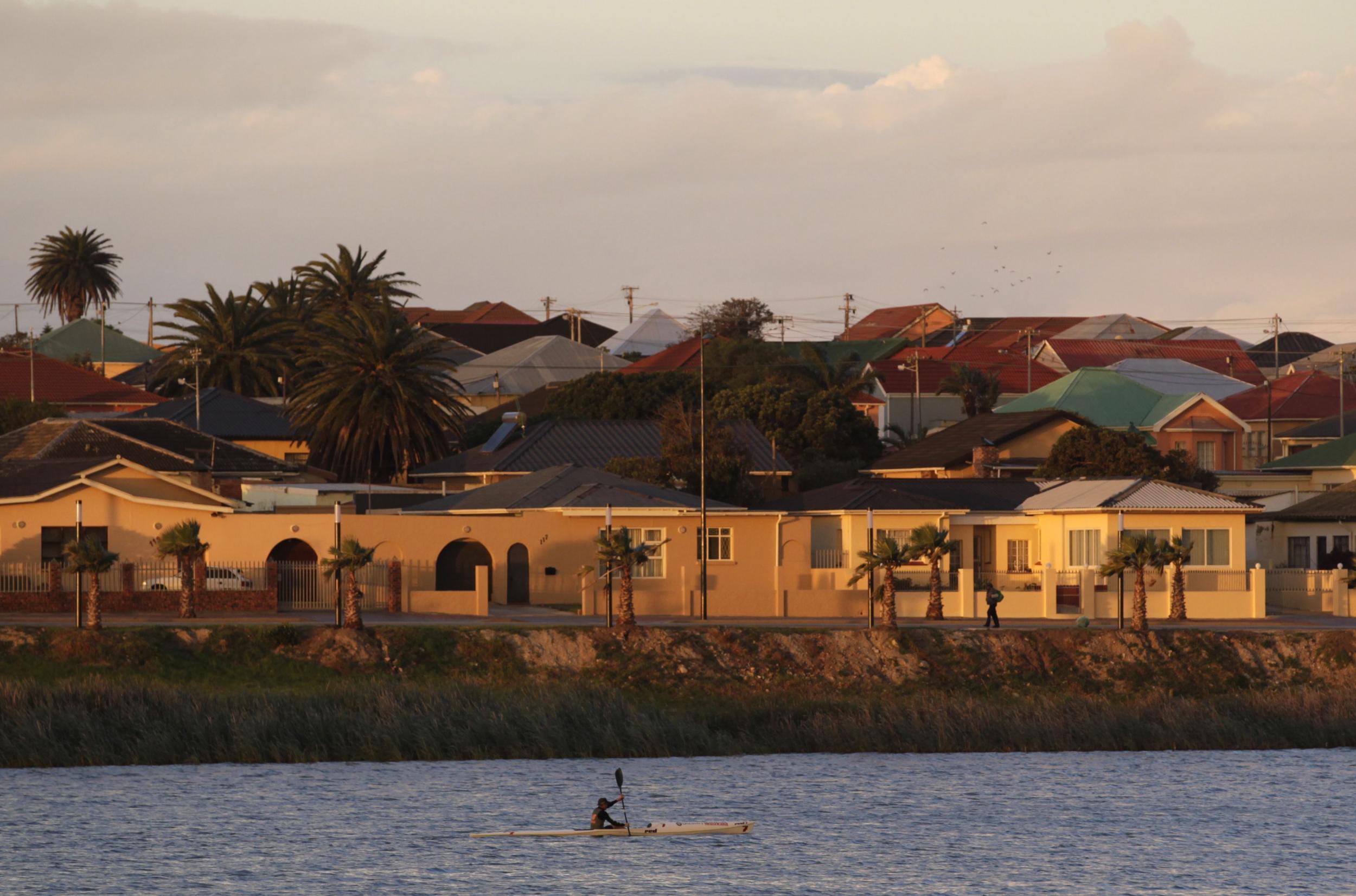South Africa elections: Historic ANC loss as opposition wins in Nelson Mandela's birthplace for first time since Apartheid
Voters angered by corruption and a lack of public services gave victory by a comfortable margin to the Democratic Alliance (DA) – a party once seen as serving rich white South Africans

Your support helps us to tell the story
From reproductive rights to climate change to Big Tech, The Independent is on the ground when the story is developing. Whether it's investigating the financials of Elon Musk's pro-Trump PAC or producing our latest documentary, 'The A Word', which shines a light on the American women fighting for reproductive rights, we know how important it is to parse out the facts from the messaging.
At such a critical moment in US history, we need reporters on the ground. Your donation allows us to keep sending journalists to speak to both sides of the story.
The Independent is trusted by Americans across the entire political spectrum. And unlike many other quality news outlets, we choose not to lock Americans out of our reporting and analysis with paywalls. We believe quality journalism should be available to everyone, paid for by those who can afford it.
Your support makes all the difference.History was made in Nelson Mandela Bay on Thursday as an opposition politician was named mayor of the municipality regarded as the ruling African National Congress’s spiritual home.
The ANC lost control of a number of major cities, including Pretoria and Johannesburg, in its worst set of local elections since coming to power after Apartheid.
But political analysts in South Africa say it has been hurt most by the defeat in the bay named to honour its most famous former leader, governing the economic hub surrounding Port Elizabeth.
Despite living in the birthplace of Mandela, as well as other ANC greats such as Walter Sisulu and Oliver Tambo, voters angered by corruption and a lack of public services gave victory by a comfortable margin to the Democratic Alliance (DA) – a party once seen as serving rich white South Africans.
The ANC did not relinquish control of the seat without a fight, lodging a last-minute legal complaint to the municipality’s acting manager to delay Thursday morning’s 10am inauguration, citing a “flawed” electoral process.
But the appeal was rejected, and some members of the ANC were locked out of the meeting when it finally got under way.
Shortly before midday, DA’s Athol Trollip was elected the new executive mayor unopposed, meeting with cheers from his party supporters. Minutes later, according to South Africa’s News24, a walk-out was staged by those ANC members who were allowed inside the hall.
The party of President Jacob Zuma has been watching its polling numbers tumble in the region, ever since the 2011 local elections it won by 51.9 per cent to DA’s 40.1 per cent.
Last year the well-known football administrator Danny Jordaan was dropped in to the role of mayor in Nelson Mandela Bay, such was the ANC’s desperation to retain the municipality.
Mr Jordaan was responsible for organising South Africa’s successful 2010 World Cup, won the presidency of the South African Football Association in 2013 and was personally awarded for his contributions to football in 1994 by Nelson Mandela himself.
Yet the move seemingly did little to boost ANC’s polling numbers, and this week it conceded defeat after winning just 40.3 per cent to DA’s 46.8 per cent of the vote. Mr Jordaan was reportedly absent from Thursday’s inauguration.
DA was only able to form a local government thanks to a loose coalition with the radical Economic Freedom Fighters party (EFF), which took just over five per cent of the vote to make it the third-most popular party.
Time will tell how the agreement will work in practice. Julius Malema, a former ANC member and the current leader of the EFF, continues to refer to DA as “white racists” and described agreeing to support them in votes as being “caught between two devils”.
Mmusi Maimane, a black politician whose leadership of the DA since last year has helped reform its image, said he “welcomed [EEF’s] offer to say that they will vote for us”. But he added: “It is quite clear that we would never agree on ideological issues.”
Join our commenting forum
Join thought-provoking conversations, follow other Independent readers and see their replies
Comments